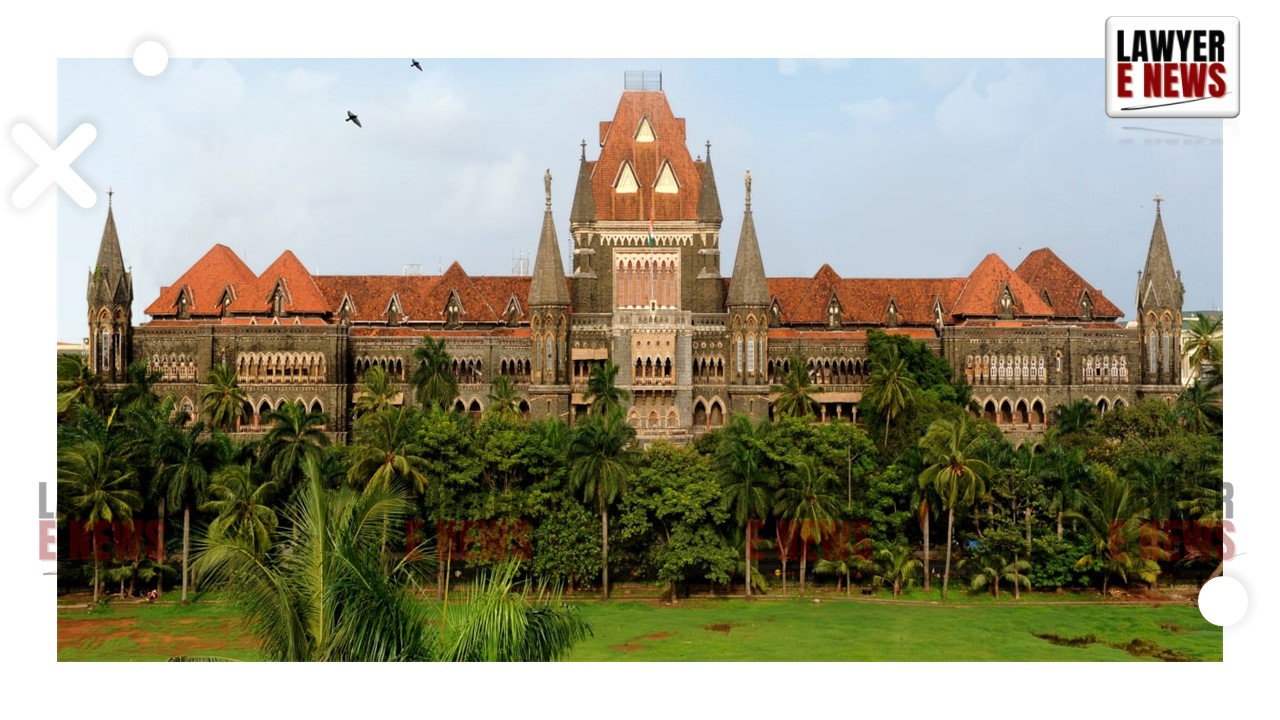-
by Admin
15 February 2026 5:35 AM



Charitable Trusts with Religious Purposes Entitled to Tax Exemption on Anonymous Donations , the Bombay High Court, in Commissioner of Income Tax (Exemptions) Mumbai v. Shree Sai Baba Sansthan Trust (Shirdi), ruled that anonymous donations received by a charitable trust, which also engages in religious activities, are exempt from taxation under Section 115BBC(2)(b) of the Income Tax Act. The court upheld the earlier decisions of the Income Tax Appellate Tribunal (ITAT) and the Commissioner of Income Tax (Appeals), dismissing the Revenue’s argument that the trust’s status as a charitable institution under Section 80G precluded the exemption.
The Shree Sai Baba Sansthan Trust, which operates the famous Sai Baba Temple in Shirdi, had received substantial anonymous donations through its Hundi collections during the assessment years 2015-16, 2017-18, and 2018-19. The Assessing Officer taxed these donations under Section 115BBC(1), asserting that the trust, being registered under Section 80G for charitable purposes, could not claim an exemption for religious donations.
The trust appealed to the Commissioner of Income Tax (Appeals), arguing that it was a mixed-purpose trust engaged in both charitable and religious activities, qualifying for the exemption under Section 115BBC(2)(b). The CIT(A) and the ITAT ruled in favor of the trust, prompting the Revenue to challenge these decisions before the High Court.
Anonymous Donations and Section 115BBC: The Revenue argued that since the trust was registered under Section 80G, it was exclusively a charitable institution and, therefore, liable to tax on anonymous donations. However, the court observed that Section 115BBC(2)(b) provides an exemption for trusts engaged in both charitable and religious purposes, as long as their religious activities do not exceed 5% of their total income.
Religious and Charitable Nature of the Trust: The court examined the trust’s objects, which included maintaining religious places of worship, performing rituals, and charitable activities like feeding the poor. It concluded that the trust was established for both religious and charitable purposes, entitling it to the exemption.
Section 80G and Religious Purposes: The court rejected the Revenue’s contention that Section 80G registration, which pertains to charitable institutions, automatically disqualified the trust from claiming the exemption under Section 115BBC(2)(b). The court clarified that a trust could be both charitable and religious, and the two provisions could coexist.
The Bombay High Court ruled that the anonymous donations received by the Shree Sai Baba Sansthan Trust were exempt from taxation under Section 115BBC(2)(b). The court affirmed that the trust’s mixed-purpose activities qualified it for the exemption and dismissed the Revenue’s appeals.
This judgment reinforces the principle that religious charitable trusts can claim tax exemptions on anonymous donations under Section 115BBC, even if they are registered under Section 80G for charitable purposes. The ruling protects the rights of mixed-purpose trusts to continue their charitable and religious activities without facing undue tax burdens.
Date of Decision: October 8, 2024
Commissioner of Income Tax (Exemptions) Mumbai v. Shree Sai Baba Sansthan Trust (Shirdi)
